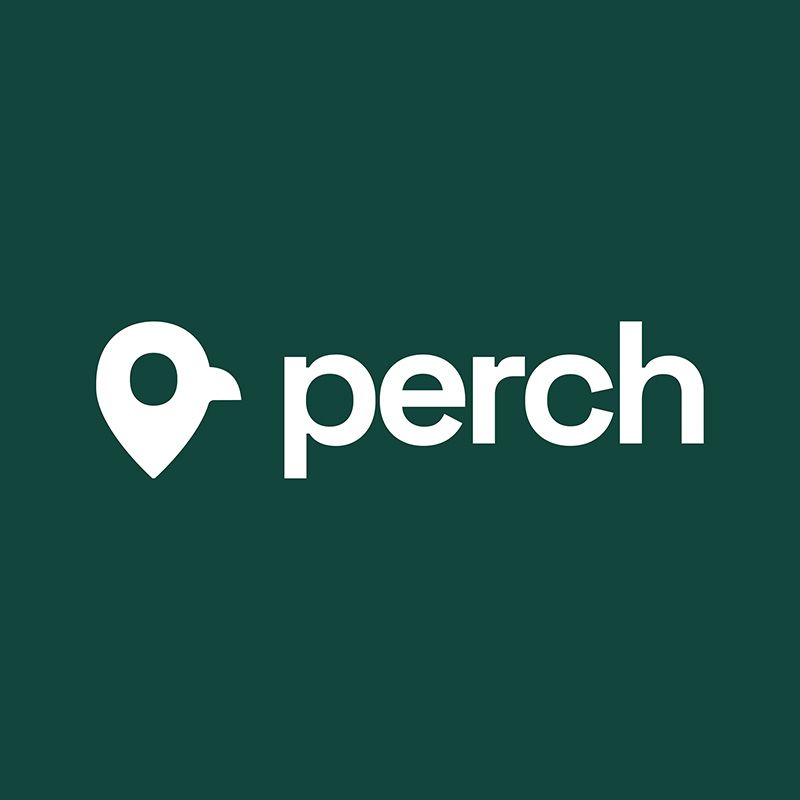742 reads
A Remote Startup Playbook: The Essential Tools and Books
by
November 22nd, 2022
Audio Presented by

Perch helps Canadians to make informed decisions about real estate to build wealth & get the best mortgages in Canada.
About Author
Perch helps Canadians to make informed decisions about real estate to build wealth & get the best mortgages in Canada.
